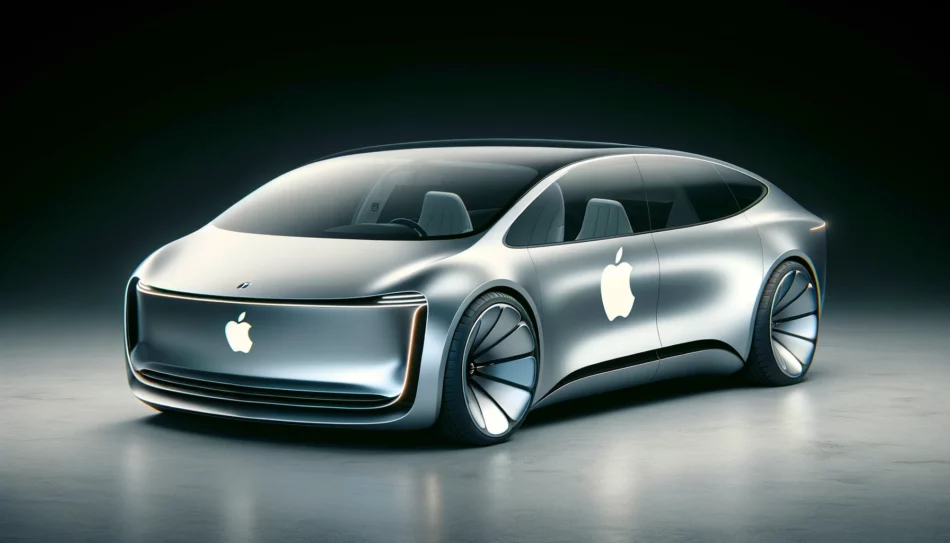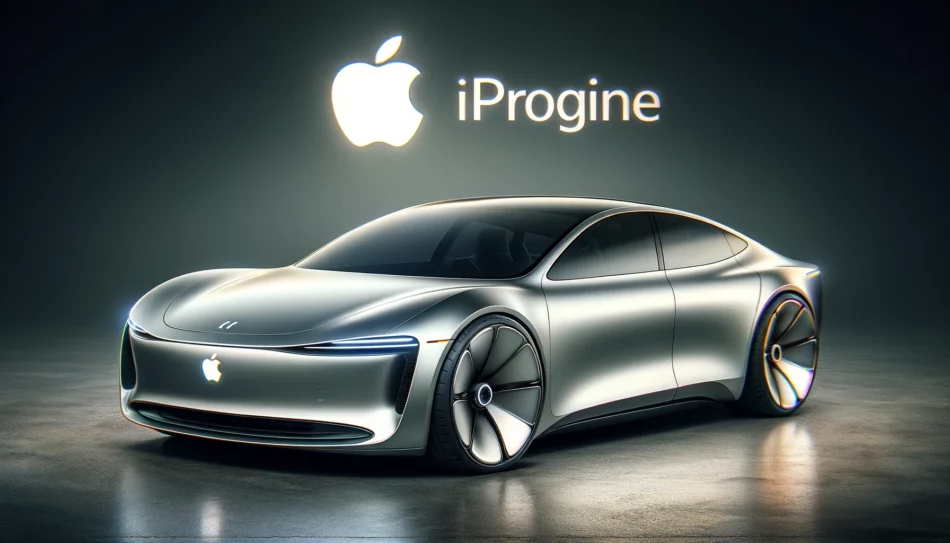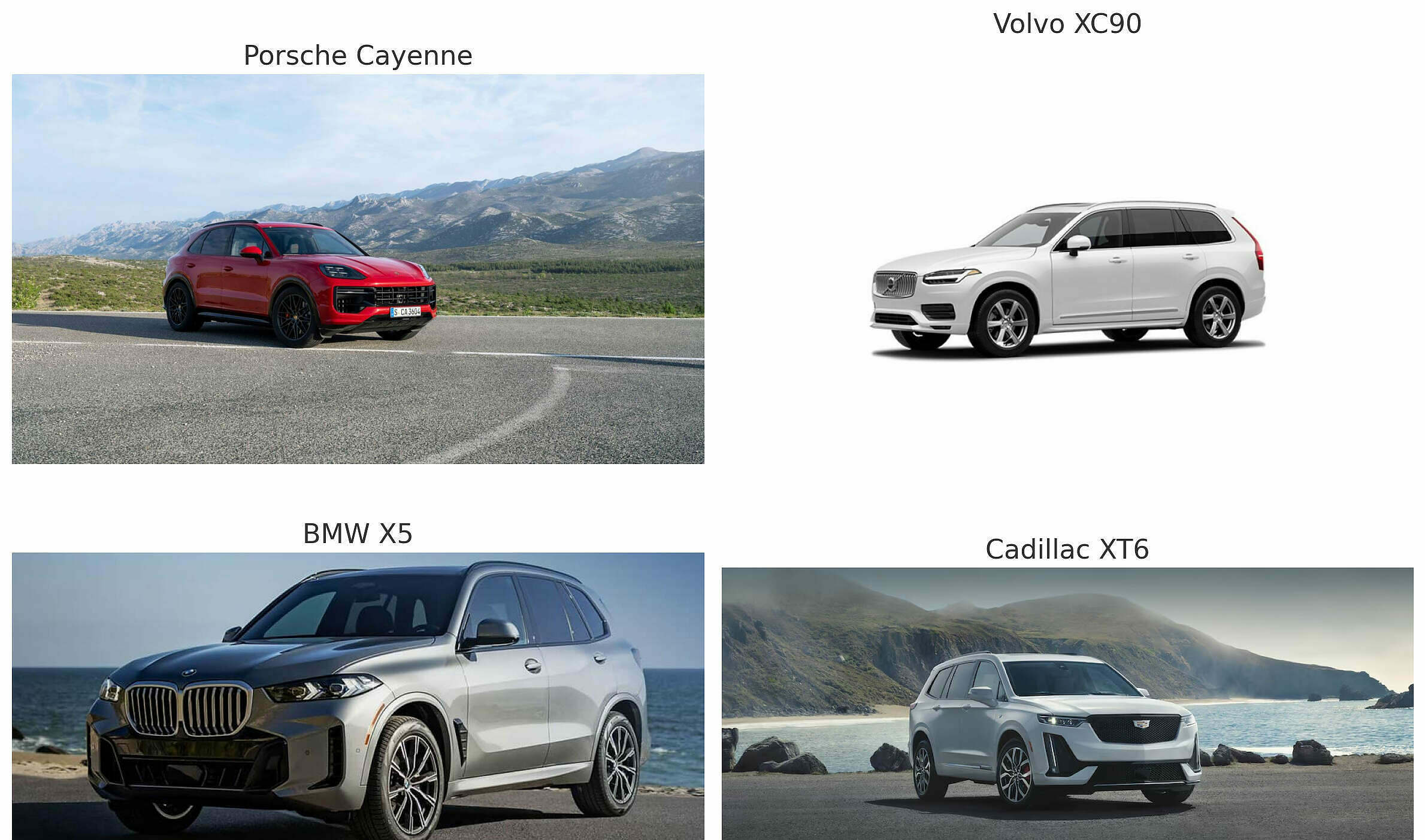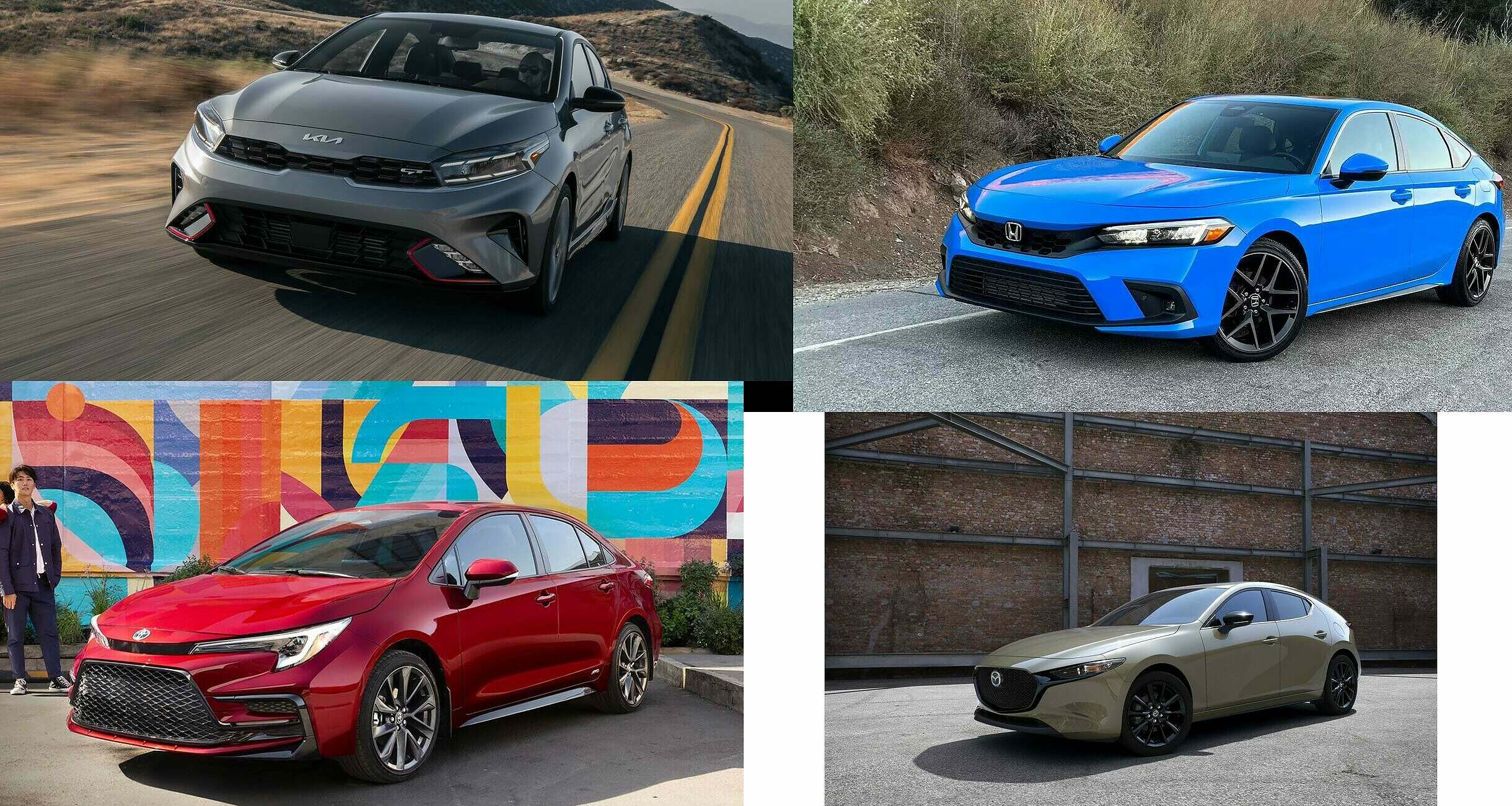In an unexpected turn of events, Apple, the tech giant that revolutionized the smartphone and computer industry, has officially cancelled its highly anticipated venture into the electric vehicle (EV) market.
Dubbed “Project Titan,“ this initiative promised to deliver an autonomous, electric vehicle that could potentially redefine our relationship with personal transportation. The cancellation in February 2024 marks the end of what many hoped would be a significant leap forward for electric vehicles.
The Vision Behind Project Titan
Project Titan was not just another car project; it was Apple’s bold step into the future of mobility. Envisioned as the “ultimate mobile device,” the Apple Car was rumored to be a Level 2 semi-autonomous vehicle, integrating cutting-edge technology with Apple’s signature design aesthetics.
The project, which started in 2014, sparked a flurry of speculation and excitement over what an Apple-designed car would entail.
The Cancellation of Project Titan

The decision to halt Project Titan came as a surprise to many. By February 2024, Apple announced that it was ceasing all efforts related to its autonomous, electric vehicle, leading to the reassignment of approximately 2,000 employees. These individuals were either integrated into Apple’s generative AI team, laid off, or moved to other divisions within the company.
Potential Impact on the EV Market: EV sales are down in 2024
The big question remains: Could Apple have propelled the electric vehicle market forward in the same way it transformed the smartphone and computer industries? Apple’s track record of innovation and market disruption had set high expectations for Project Titan.
The company’s approach to user interface design, ecosystem integration, and hardware/software harmony could have introduced a new paradigm in how we interact with and think about our vehicles.
The Future of Mobility
- Innovation and User Experience: Apple’s foray into the EV space could have elevated standards for user experience, emphasizing ease of use, safety, and integration with other devices and services.
- Environmental Impact: With a growing focus on sustainability, Apple’s entrance into the electric vehicle market could have accelerated the adoption of EVs, contributing to a reduction in carbon emissions.
- Market Dynamics: Apple’s presence could have intensified competition, driving innovation, and possibly leading to more affordable pricing for consumers.
Conclusion
The cancellation of the Apple Car project leaves us with a tantalizing glimpse of what could have been—a future where technology and mobility converge in new and exciting ways. While we may never see an Apple-branded vehicle on the roads, the vision behind Project Titan serves as a reminder of the potential for innovation to reshape our world. As we look ahead, the question of who will lead the next great leap in electric vehicle technology remains open, inviting other players to rise to the challenge.
In the end, the legacy of Project Titan may not be a product but a beacon of inspiration for the future of transportation. Apple’s venture into electric vehicles may have ended, but the journey towards smarter, cleaner, and more integrated mobility continues.



